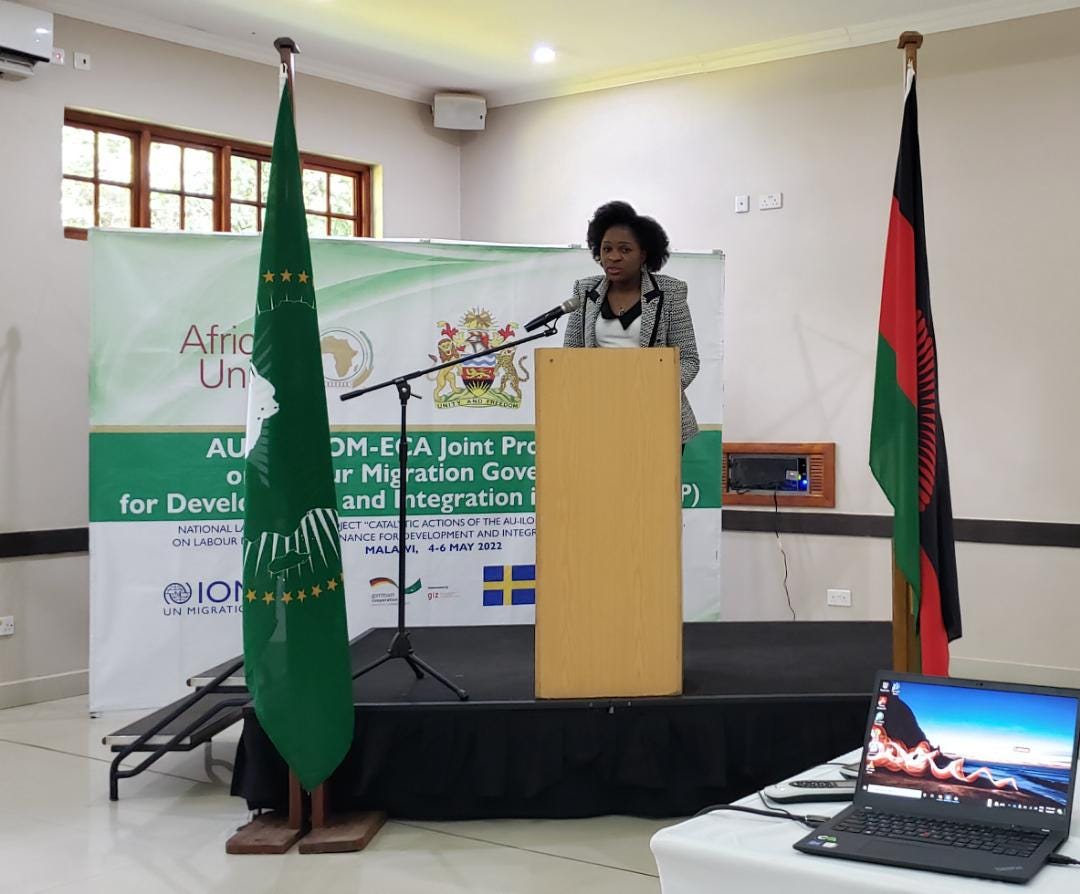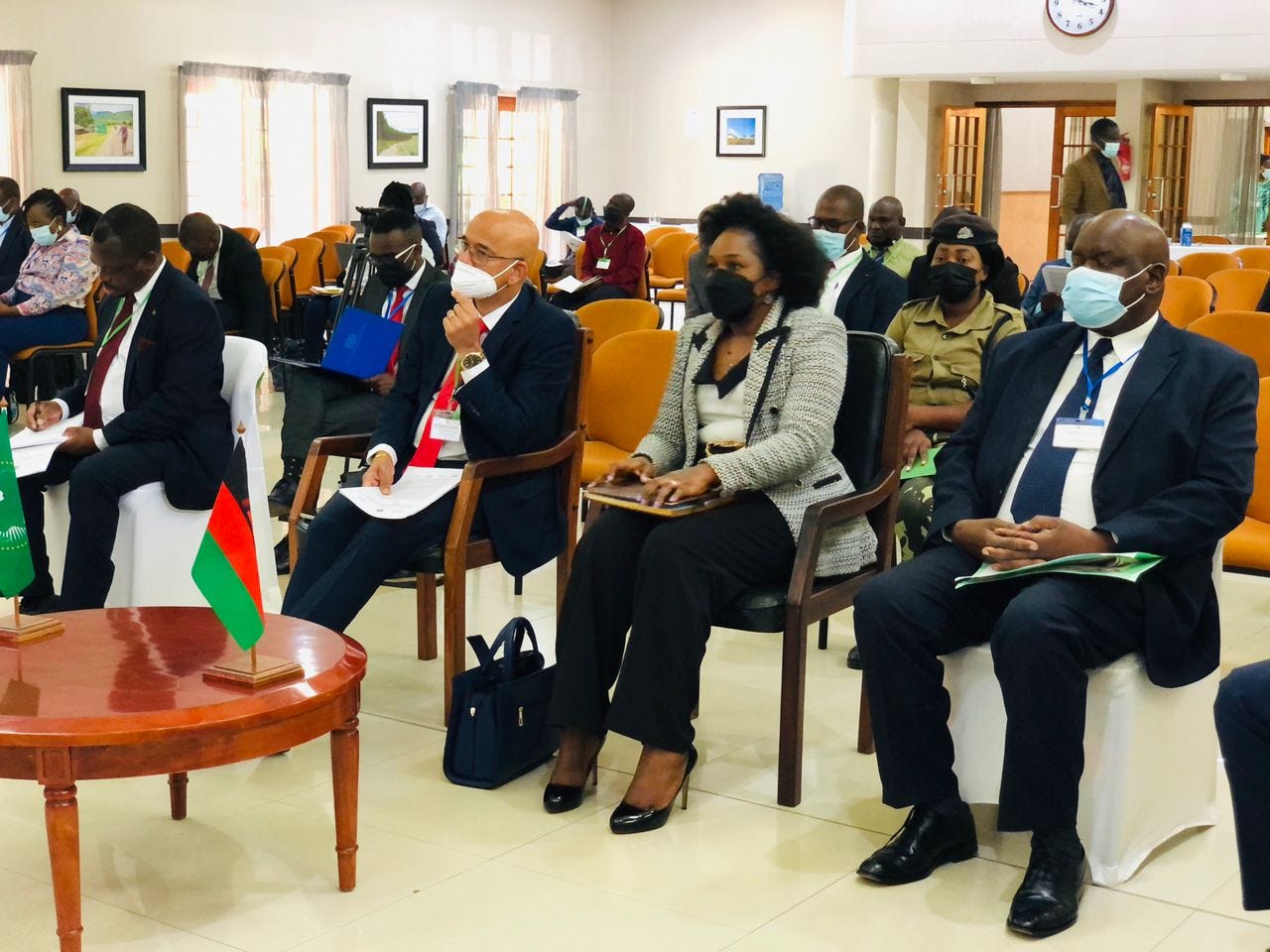Focus on Africa's formal labour migration
African Union Commission working to formalize labour migration in order to promote effective labour migration and mobility governance and regulation in Africa.
MALAWI: The African Union Commission is working to formalize labour migration in order to promote effective labour migration and mobility governance and regulation in Africa.
On Wednesday, the Commission launched the Priority Actions on the AUC-ILO-IOM-ECA Joint Labour Migration Governance Programme (JLMP) in Lilongwe to assist Member States and Regional Economic Committees in improving their labour migration governance.
The program's goal is to improve coordination, coherence, and a well-designed implementation strategy on labour migration governance among all key implementing partners in order to avoid fragmented implementation of different outcomes at all levels, including Regional Economic Communities (RECs) and Member states.
Speaking at the launch Minister of Labour Vera Kamtukule said it was high time that Africa finds means and ways of creating an environment that not only guarantees the safety of the people but one that ensures that all countries involved are benefiting from migration.
“We cannot stop migration no matter how hard we try,” said Kamtukule, adding: “We need to understand that over and above what we see, people have various reasons for migrating. It could be war, hunger, poverty, search for a better life etc. but whatever the reason may be, people migrate with the hope of getting something better than what they have, and it is not a crime to aspire for a better life.”
Kamtukule was optimistic that the formalization of migration could be used not only to reduce Malawi's unemployment rate but also to expose the skilled labour force to other countries.
“For Malawi, this project has come at an opportune time, when we have taken the initiative to develop a number of labour migration-related frameworks for better migration governance. Four ongoing developments immediately come to my mind and these are: the review of the Immigration Act of 1964; the formulation of the National Migration Policy under the Ministry of Homeland Security; the formulation of the National Labour Migration Policy under my ministry; and the development of the Labour Market Information System,” she said.
Sabelo Mbokazi, Head of Labour Employment and Migration Division, stated that in addition to Malawi, the project also includes Cameroon, Côte d'Ivoire, Ethiopia, and Morocco, as well as the two Regional Economic Communities (REC) ECCAS and COMESA. JLMP Action is implemented collaboratively by the AUC, ILO, and IOM, with funding from the Swiss Agency for Development and Cooperation (SDC) and GIZ.
Mbokazi stated that improving labour migration governance is critical for migrants' access to essential services such as health and education.
“The challenges the program intends to address include discrimination, and abuse where for example, when working in different jurisdictions, migrants are not accorded the basic minimum wage, in some cases, they are not paid. The program will also address the technical aspect of how to develop the integrated labour market, information systems within the countries as we need to have the latest information in terms of the data on migrants,” he said.
Malawi is the first of the five participating member countries to launch the program.






